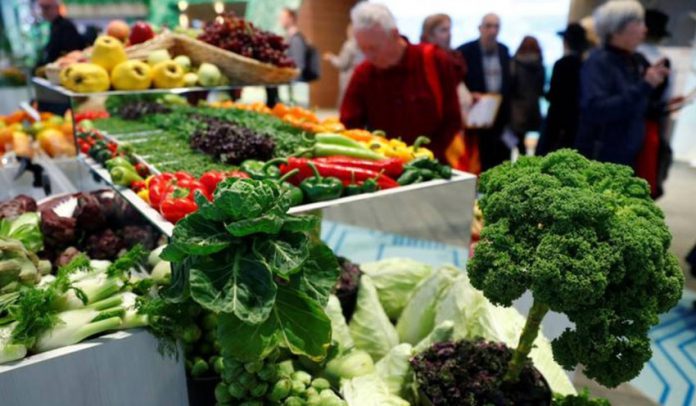REGINA – BUSINESS – Farm Credit Canada (FCC) is building a foundation of knowledge to better understand and support Indigenous communities and entrepreneurs to grow and thrive in Canada’s agriculture and food industry.
“Diversification of Canada’s agriculture and food industry is one of our top priorities and an integral part of FCC’s mandate,” said Michael Hoffort, FCC’s president and CEO. “It begins with developing a deeper understanding of Indigenous agriculture – the history, barriers, aspirations and opportunities of today.”
FCC recently commissioned an online survey of Indigenous producers and stakeholders, which indicated more than 70 per cent of producers plan to increase participation in the sector over the next five years, despite reporting a poor to average experience in the sector. Some of the biggest challenges cited were access to capital, equipment, labour and knowledge.
Most respondents believe growth is coming from multiple areas but tend to focus on crops and food processing.
In order to sustain the growth needed to re-establish Indigenous food security, respondents placed a high priority on the need to create agricultural and financial learning opportunities for Indigenous youth. They also want to see a deliberate approach for ensuring the next generation is prepared and excited to continue growing agriculture and food businesses, while fostering relationships with elders who offer a wealth of traditional knowledge.
“FCC is working to become a stronger partner in the advancement of Indigenous agriculture in the spirit of reconciliation and collaboration,” said Shaun Soonias, director of FCC Indigenous relations. “As Canada’s leading agriculture lender, we are uniquely positioned to contribute to the success of Indigenous communities and entrepreneurs in this diverse and dynamic industry.”
To become a better partner, FCC is providing extensive Indigenous awareness and relations training to its more than 2,000 employees across Canada. The training is meant to help employees better understand the legislative and systemic barriers that prevent Indigenous communities from fully participating in Canada’s agriculture industry, as well as the historic, social and economic challenges facing First Nations, Métis and Inuit across Canada.
“There is a rich history and traditions of Indigenous agriculture prior to European settlement, and we are now several generations removed from those practices and knowledge,” said Soonias, who is also a member of the Red Pheasant Cree Nation near Battleford, Saskatchewan. “FCC not only has an opportunity to better understand the landscape of Indigenous agriculture in Canada but, more importantly, provide Indigenous entrepreneurs with learning opportunities about agriculture and farm management.”
Most Indigenous producers and stakeholders surveyed suggested the key to overcoming the various challenges in Indigenous agriculture resides in training, education and mentorship opportunities, as well as access to capital to grow their businesses. There are also many Indigenous agri-food and agribusinesses that are well established, exporting their products internationally and expanding operations and others who are integrating indoor farming with traditional plants and medicines.
“As we gain a greater understanding of how to best support their success in agriculture, we will work in partnership with Indigenous communities, stakeholders and entrepreneurs to develop solutions that work for them, as well as address their community priorities,” Soonias said.
Almost half of those surveyed see significant opportunities in greenhouse operation, community gardens, Indigenous foods and food processing, although there is a wide range of other small-scale agriculture activities taking place on Indigenous lands.
“FCC is committed to building long-term relationships with key stakeholders in the Indigenous agriculture and food sector with the aim of being a trusted partner to support Indigenous peoples’ full participation in this exciting, dynamic and diverse industry,” Hoffort said.







